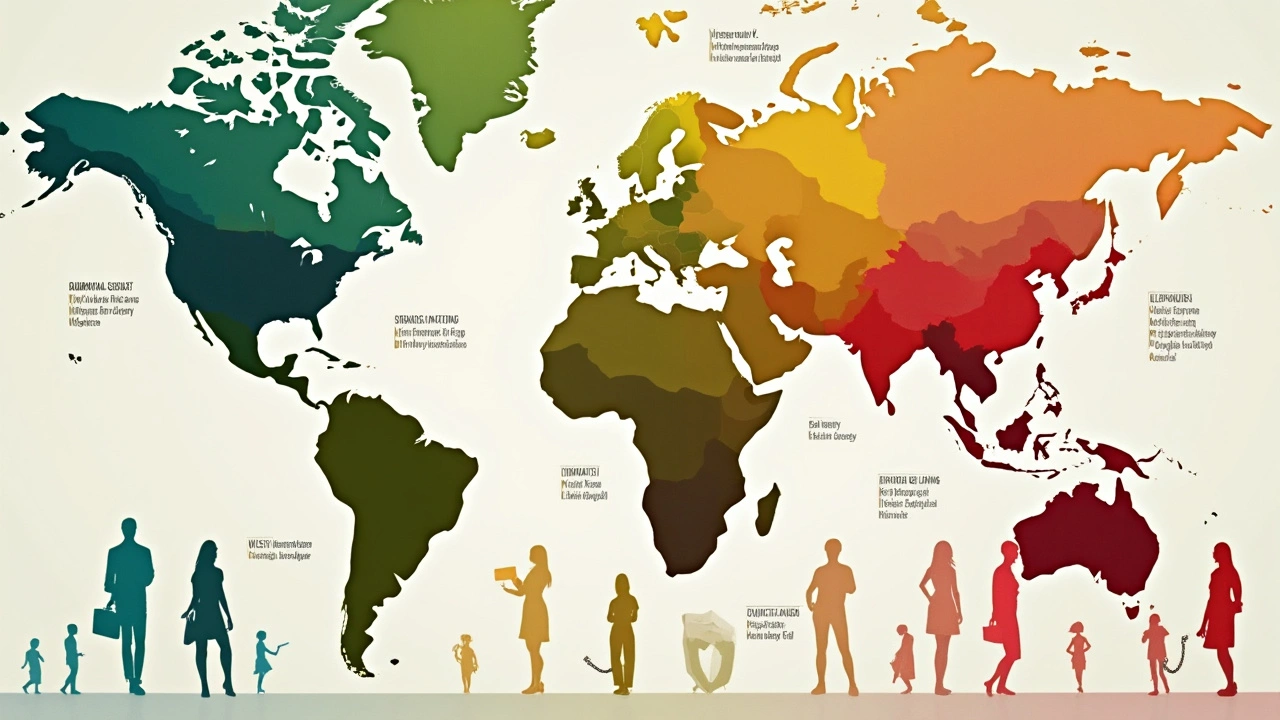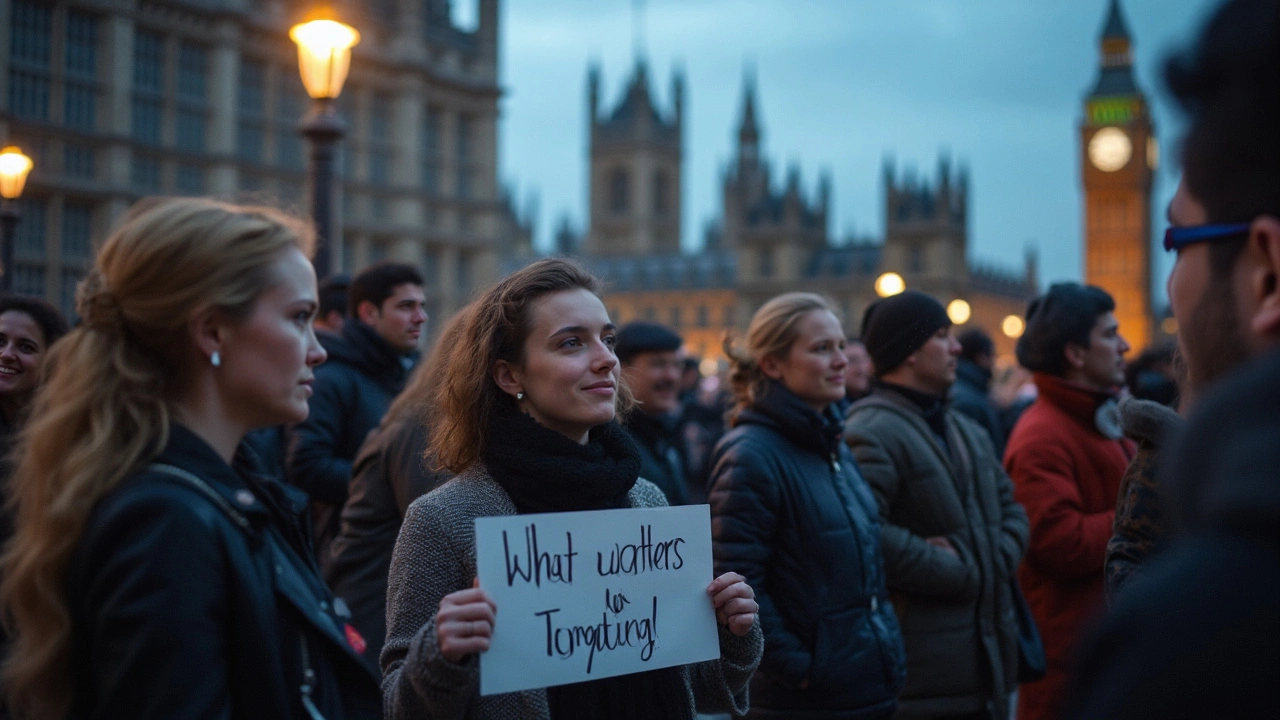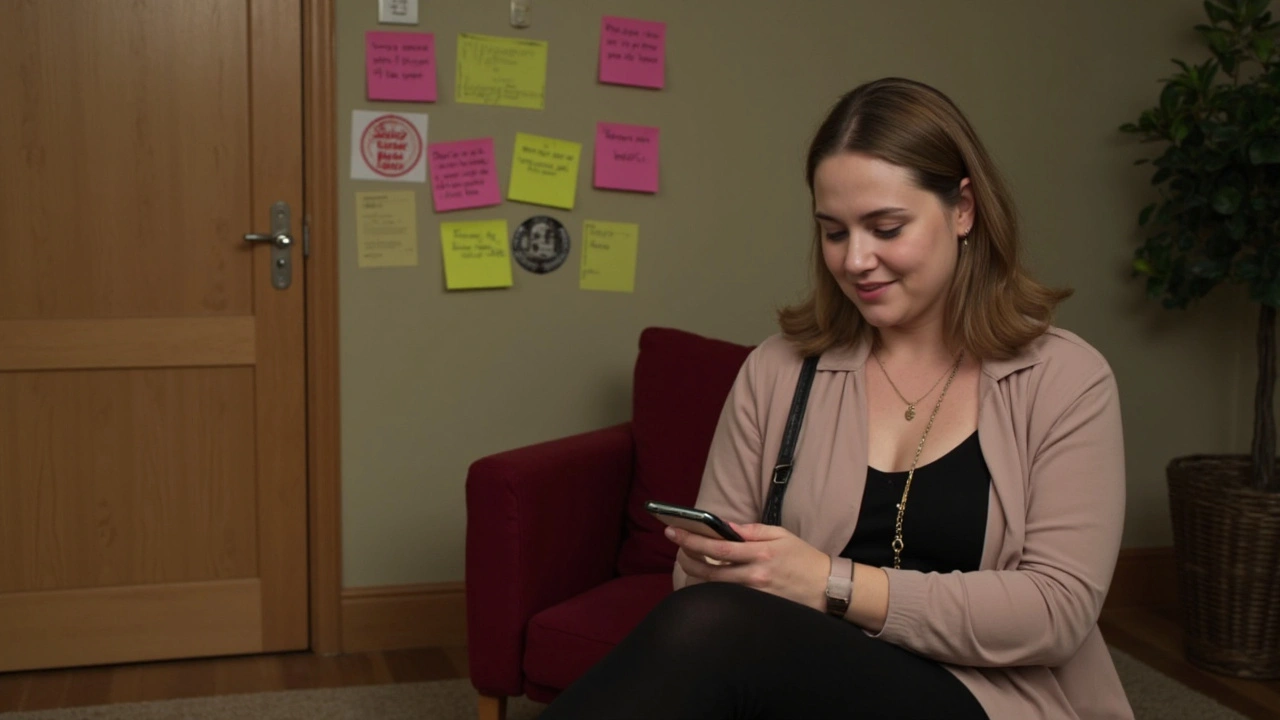Sex Worker Rights Around the Globe: Where Things Stand and What You Should Know

If you’ve ever wondered how sex worker rights stack up in different parts of the world, you’re not alone. Laws can change completely depending on where you are. In some countries, sex work is totally legal and regulated—think of places like New Zealand or certain parts of Australia. In others, it’s heavily criminalized, making life much riskier for the people doing this work.
Why does this matter? The way governments treat sex workers affects everything from health and safety to how much someone can truly control their own life and income. Ever heard of decriminalization? That just means sex workers aren’t punished by law for their job, which, in turn, cuts down the risk of violence and allows them to seek help when they need it. But in most countries, the rules are all over the place—sometimes the buyer is criminalized, sometimes it’s the worker, and sometimes both. It’s confusing, right?
Getting clear info about what’s legal, how to stay safe, and what rights actually mean (versus just what’s written on paper) is the first step. Whether you’re looking to support sex workers, stay informed, or understand the debates around legalization, this guide will get you up to speed—no BS, just useful facts and tips that actually help.
- Key Facts: Sex Worker Rights Fast Track
- How Sex Worker Laws Differ Internationally
- Why Protecting Sex Worker Rights Matters
- Safety Tips and Common Questions
Key Facts: Sex Worker Rights Fast Track
Sex worker rights are all over the map. The laws and protections you get as a sex worker could change just by crossing a border—or sometimes, just a street in a big city. Here’s a down-to-earth look at the basics you need to know, no matter where you are.
- Sex worker rights are protected most strongly in countries like New Zealand and some Australian states. Here, sex work is not just legal but regulated. This means sex workers are treated like any other worker—with contracts, health checks, and recourse if something goes wrong at work.
- In places like Sweden, Norway, and Canada, buying sex is illegal but selling it isn’t. They call it the “Nordic Model.” Sounds okay at first, but it actually pushes the whole industry underground, making it less safe for workers.
- In the U.S. (except for a handful of Nevada counties), both buying and selling sex is usually illegal. People can end up in jail for doing this work or for supporting people who do.
- Some countries, like the Netherlands and Germany, regulate sex work with strict licensing. But even there, red tape can still leave folks vulnerable if they’re undocumented or working outside official brothels.
| Country | Legal Status | Extra Notes |
|---|---|---|
| New Zealand | Decriminalized | Workers get labor rights |
| Sweden | Buyer criminalized | "Nordic Model" |
| Netherlands | Legal & licensed | Heavy rules apply |
| USA (most states) | Criminalized | Nevada allows some brothels |
Globally, over 30 million people do sex work. A UN report pointed out that places with fewer restrictions have lower rates of violence against sex workers and better access to health care.
Another fun fact: Where sex work is decriminalized, rates of HIV transmission drop, simply because people can get regular health checks and talk to doctors openly. That’s not just good for sex workers—it’s good for public health too.
Last thing to remember: No system is perfect. Even in places with “good” laws, stigma and loopholes can still cause problems. But knowing the facts is the first step if you want to push for change, stay safe, or just understand why this all matters so much.
How Sex Worker Laws Differ Internationally
Here’s the thing: sex work isn’t treated the same everywhere, not even close. Depending on where you are, the rules and risks can flip entirely. Some countries make sex work a regular, legal job. Others treat it like a crime from every angle. Let’s break down what’s happening in different regions—it’s more like a patchwork quilt than a clear roadmap.
Sex worker rights take center stage in just a few countries. For example, New Zealand completely decriminalized sex work back in 2003. Here, sex workers get full labor rights, can report crimes without fear of arrest, and health checks are voluntary—not forced. New South Wales in Australia runs pretty much the same way. But go just next door in Queensland, and brothel ownership is legal but street work and private work can land you in hot water. See how quickly the rules change?
Europe can get messy. The Netherlands gets a lot of attention for its famous Red Light District and legal brothels—sex work there is regulated, with required health checks and registration. But head to Sweden, and it’s a completely different approach. Sweden started the “Nordic Model” where selling sex isn’t illegal, but buying it is. Norway, France, and Ireland copied this model, arguing it reduces demand. Critics, though, say it pushes sex work underground and makes it more dangerous.
In the U.S., most states criminalize all aspects of sex work. Nevada’s the major exception, but even there, it’s only legal in licensed brothels outside big cities like Las Vegas. In Canada, it’s illegal to buy or advertise sex, but not to sell it. Sounds confusing? You’re not alone—tons of people misunderstand these laws.
A quick snapshot of where some key countries stand:
| Country | Is Sex Work Legal? | Any Special Rules? |
|---|---|---|
| New Zealand | Yes (Decriminalized) | Full worker rights |
| The Netherlands | Yes (Regulated) | Registration & health checks |
| Sweden | No (Buyers punished) | Nordic Model |
| United States | No (Except Nevada brothels) | Legal only in some counties |
| Canada | Kind of (Selling is legal, buying is not) | Big gray area |
The flip side? In a lot of Asia, Africa, and South America, the laws are usually strict, often with harsh penalties, even for just talking about sex work online. That drives the whole industry underground. In some places, even suggesting regulation is taboo.
Ever wondered why all this matters? These patchwork rules create huge risks for people doing the work—harder to get help, bigger chances of facing violence, and impossible to unionize or secure basic workplace protections. When you're thinking about travel or activism, make sure you understand the local setup. It might just be the most important safety tip you ever get.

Why Protecting Sex Worker Rights Matters
When you get down to it, protecting sex worker rights isn’t just about the people in the industry—it’s about basic human rights and public safety for everyone. If laws make sex work illegal or push it underground, workers end up dealing with way more violence, exploitation, and health risks. That doesn’t just disappear if you ignore it. In places where sex work is decriminalized, like New Zealand since 2003, studies found that workers are more likely to report abuse and get regular health checkups. That’s way better for both the workers and the wider community.
Let’s be real: when sex workers feel safe going to the police or a doctor without fear of arrest, they’re more likely to prevent things like the spread of sexually transmitted infections (STIs) and stop traffickers in their tracks. Countries that criminalize sex work tend to have higher rates of violence against workers and more public health problems. That’s not just a theory—there are actual stats to back it up. Check this out:
| Country | Legal Status | % Sex Workers Reporting Violence |
|---|---|---|
| New Zealand | Decriminalized | 17% |
| Sweden | Criminalizes buyers | 39% |
| United States* | Criminalized | 45% |
*Varies by state, but most of the country still criminalizes sex work
It’s not rocket science—when the law is on your side, you have options. If someone threatens you on the job, you can actually do something about it. That’s a big deal, because nobody should be forced into dangerous situations just for trying to earn a living. Plus, when sex work is decriminalized, it becomes easier for workers to organize, set fair prices, and even refuse unsafe clients.
So, next time you hear debates about sex worker rights, remember: laws that protect workers don’t just make things better for them—they create a safer, healthier society for the rest of us too. If we really want to tackle issues like human trafficking and violence, giving sex workers real legal protection is a straightforward first move. Sex worker rights matter, plain and simple.
Safety Tips and Common Questions
If you or someone you know is working in the sex industry, safety means everything—especially when laws and attitudes can change from one country or city to the next. The reality? In places where sex work is criminalized, it’s riskier for workers to report violence or seek medical help. That’s why it’s so important to stay smart and keep safety front and center.
- Know the legal status: Before working or traveling, check how sex work is handled in that location. What’s okay in Amsterdam could get you arrested in Bangkok.
- Use screening tools: Many sex workers use apps or online forums to share information about clients. It helps avoid risky situations.
- Meet in safe, public places first: If possible, always meet new clients somewhere safe, or have a check-in system with a friend.
- Carry essentials: Things like condoms, lube, a cell phone with emergency contacts, and extra cash can get you out of a tough spot.
- Trust your instincts: If something feels off, it usually is. There’s no shame in leaving or saying no.
Medical safety matters, too. Regular testing for STIs, using protection every time, and knowing local health clinics that don’t judge or turn people away—these make a big difference. In countries where sex worker rights are respected, outreach services often hand out free condoms and offer testing. Where sex work is still illegal, this support is often much harder to find, which is why peer networks and independent outreach groups can be a lifeline.
Here’s a quick FAQ rundown from folks worldwide:
- Is sex work legal where I live? It depends. In New Zealand and some parts of Australia, sex work is fully legal and regulated. In Sweden, buying sex is illegal but selling it isn’t—which pushes work underground.
- Can sex workers call the police if there’s an emergency? In decriminalized or legal settings, yes—they’re protected by the law just like anyone else. But everywhere else, calling the police can sometimes mean risking arrest, too.
- What about health insurance and benefits? In countries recognizing sex work as legit employment, workers can pay taxes and access healthcare. Elsewhere, this isn’t the case—and many people just go without.
- How can allies help? Stand up against stigma, share accurate info, and push for better laws. Even just listening and believing sex workers’ experiences goes a long way.
If you want to see how laws affect safety, check this out:
| Country | Legal Status | Access to Safety Services |
|---|---|---|
| New Zealand | Legal | Full access (health checks, police protection) |
| Germany | Legal, regulated | Mostly accessible |
| United States (most states) | Criminalized | Very limited |
Want to go deeper? The Global Network of Sex Work Projects and Amnesty International have up-to-date info on local laws and safety resources. Staying informed isn’t just smart—it’s a big part of protecting yourself and others.


